The Golfing Life Of Diana Plumpton
John Bond has penned a fascinating tribute to Diana Plumpton whose talent shone in a golden age of amateur golf.
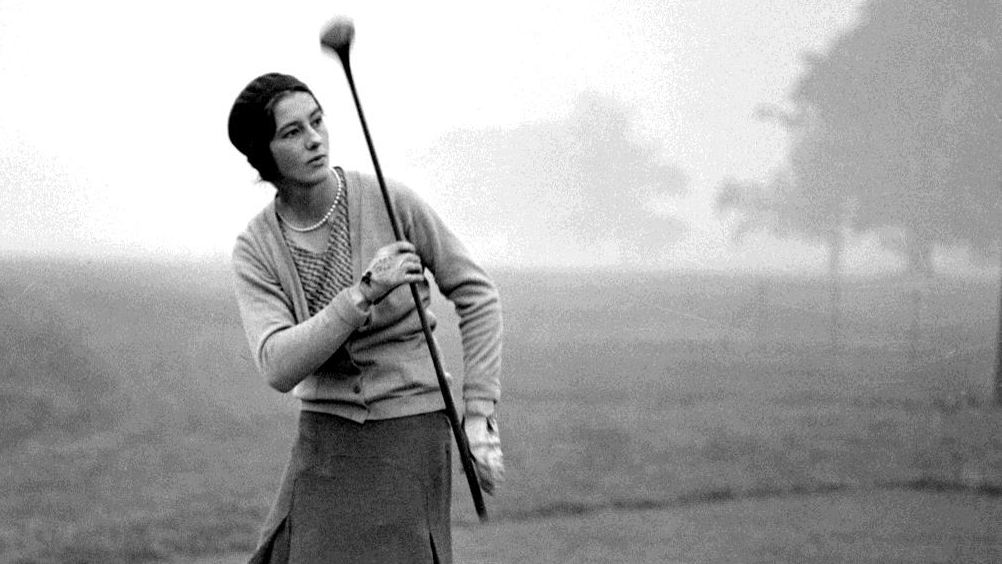

John Bond has penned a fascinating tribute to Diana Plumpton whose talent shone in a golden age of amateur golf.
The Golfing Life of Diana Plumpton
Golf’s rich and lengthy history is full of incredible characters and stories.
The most celebrated are preserved via print and film and, with the omnipresent nature of the internet, they should (theoretically) live on indefinitely.
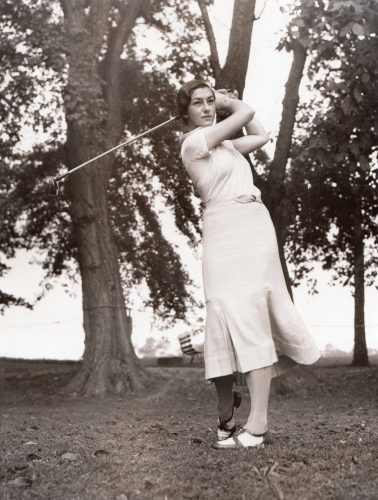
Great amateur and professional players of yesteryear can be found through internet searches, and many may have their own page on a certain popular online encyclopaedia.
This retention of knowledge surrounding our golfing heritage is hugely important.
But maintaining the sport’s rich tapestry in its entirety relies on the effort of individuals with the inclination and skill to bring together disparate nuggets of information to compile proper records of the accomplishments of, otherwise, lesser-known golfing stars.
Get the Golf Monthly Newsletter
Subscribe to the Golf Monthly newsletter to stay up to date with all the latest tour news, equipment news, reviews, head-to-heads and buyer’s guides from our team of experienced experts.
These are players who may not have a place in the World Golf Hall of Fame but nonetheless contributed significantly to the popularity of our sport during their golfing prime.
A great example of that curation of information is demonstrated by John Bond’s excellent short book, “The Golfing Life of Diana Plumpton.”
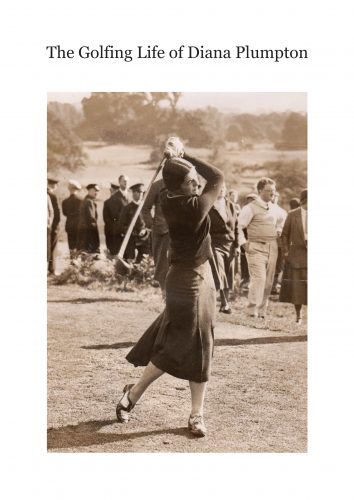
Bond is a member of Frinton Golf Club in Essex, which was Diana Plumpton’s home club and is the Club’s historian.
He has taken a great deal of care, utilising knowledge of and information from the club plus details from a vast array of diverse sources, to produce a most interesting account of a very talented golfer.
Born in Singapore in 1911, Diana Plumpton began playing golf at an early age and, the family having returned to England in 1914, she progressed quickly under the tutelage of Frinton professional Albert Tingey.
Diana’s playing career at the very top of the women’s game was relatively brief.
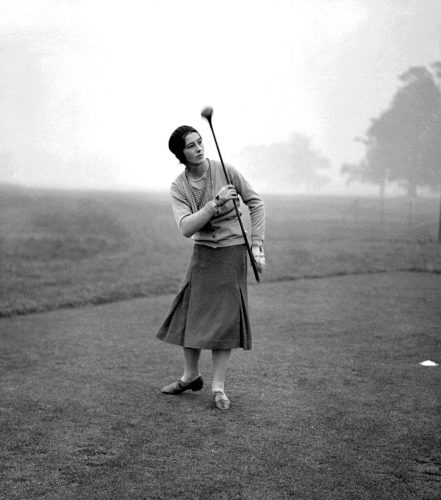
She first made a mark by reaching the last eight of the British Girls’ Championship of 1929 and stood back from elite, international golf at the time of her marriage in 1936, just seven years later.
But during that window, she made quite a mark on the game.
Diana earned a reputation within the golfing press and amongst her fellow players for her power and technically excellent swing.
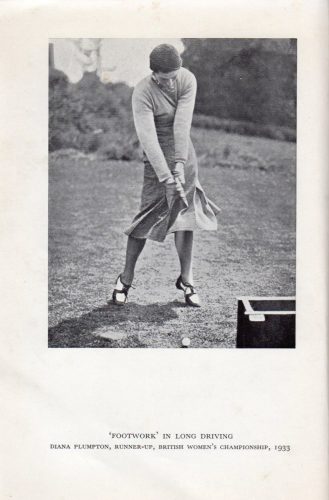
She was supremely elegant in play and demeanour and appeared often in publications like The Tatler and Bystander magazines.
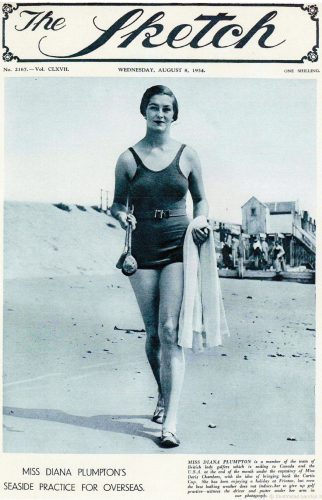
During the early 1930s, golf’s popularity was significant and the major events in both the men’s and women’s amateur games would frequently draw crowds of thousands.
Plumpton maybe wasn’t a household name but those who followed golf would have known a great deal about her from the comprehensive coverage dedicated to the top events by the national and regional press.
She was a regular fixture in county and national events, and she had quite an international career, travelling to France, Sweden, Canada and the USA – where she played in the 1934 Curtis Cup.
After her marriage in 1936, Diana, by then Diana Sabine, travelled to live in Kenya where husband Noel Sabine worked for the Kenya Administrative Service.
While in Nairobi, Diana won the 1937 Kenya Ladies’ Amateur Championship.
Upon returning to England, she continued to play club and county golf and was a frequent winner of events at Frinton.
In 2009, the Ladies’ Lounge at the club was fittingly renamed the Plumpton Room and the Plumpton Trophy (delightfully gold plated) mixed foursomes knockout is still contested at Frinton GC each season.
To find out more about Diana Plumpton’s sparkling amateur career, you can pick up a copy of John Bond’s tribute from Broadside Publishing Ltd., PO Box 72 72, Frinton on Sea, CO13 0BP, price £10+£2 p&p.

Fergus is Golf Monthly's resident expert on the history of the game and has written extensively on that subject. He has also worked with Golf Monthly to produce a podcast series. Called 18 Majors: The Golf History Show it offers new and in-depth perspectives on some of the most important moments in golf's long history. You can find all the details about it here.
He is a golf obsessive and 1-handicapper. Growing up in the North East of Scotland, golf runs through his veins and his passion for the sport was bolstered during his time at St Andrews university studying history. He went on to earn a post graduate diploma from the London School of Journalism. Fergus has worked for Golf Monthly since 2004 and has written two books on the game; "Great Golf Debates" together with Jezz Ellwood of Golf Monthly and the history section of "The Ultimate Golf Book" together with Neil Tappin , also of Golf Monthly.
Fergus once shanked a ball from just over Granny Clark's Wynd on the 18th of the Old Course that struck the St Andrews Golf Club and rebounded into the Valley of Sin, from where he saved par. Who says there's no golfing god?
-
 Volvo China Open 2025 Picks, Odds And Predictions
Volvo China Open 2025 Picks, Odds And PredictionsFollowing a break for The Masters, the DP World Tour returns for the final two weeks of its Asian Swing and the Volvo China Open is the penultimate event
By Jonny Leighfield
-
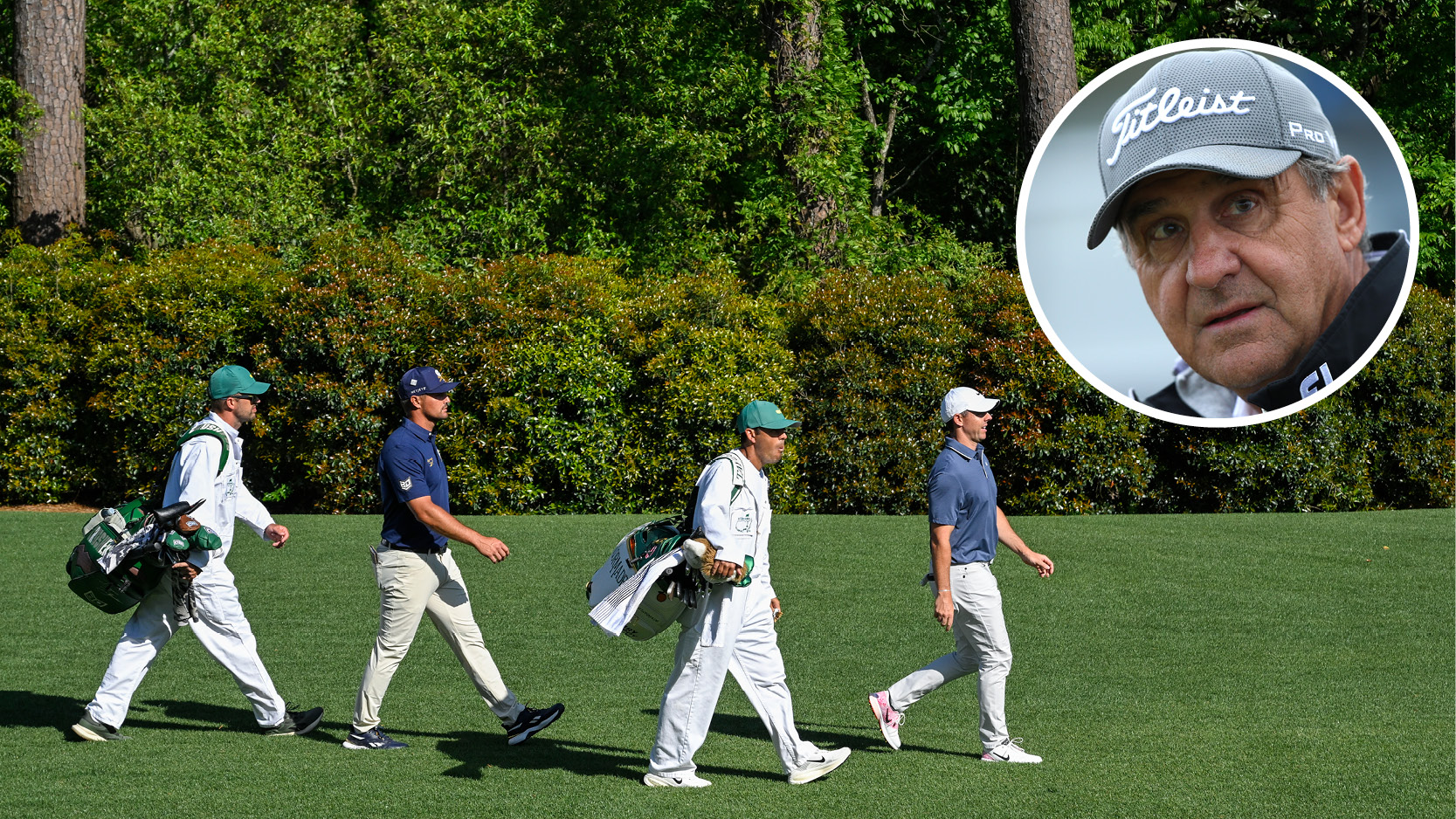 Rory McIlroy's Sports Psychologist Explains Why He 'Didn't Talk' To Bryson DeChambeau In Masters Final Round
Rory McIlroy's Sports Psychologist Explains Why He 'Didn't Talk' To Bryson DeChambeau In Masters Final RoundDeChambeau raised eyebrows at Augusta National when claiming that McIlroy wouldn't engage in conversation during the final round of The Masters
By Jonny Leighfield